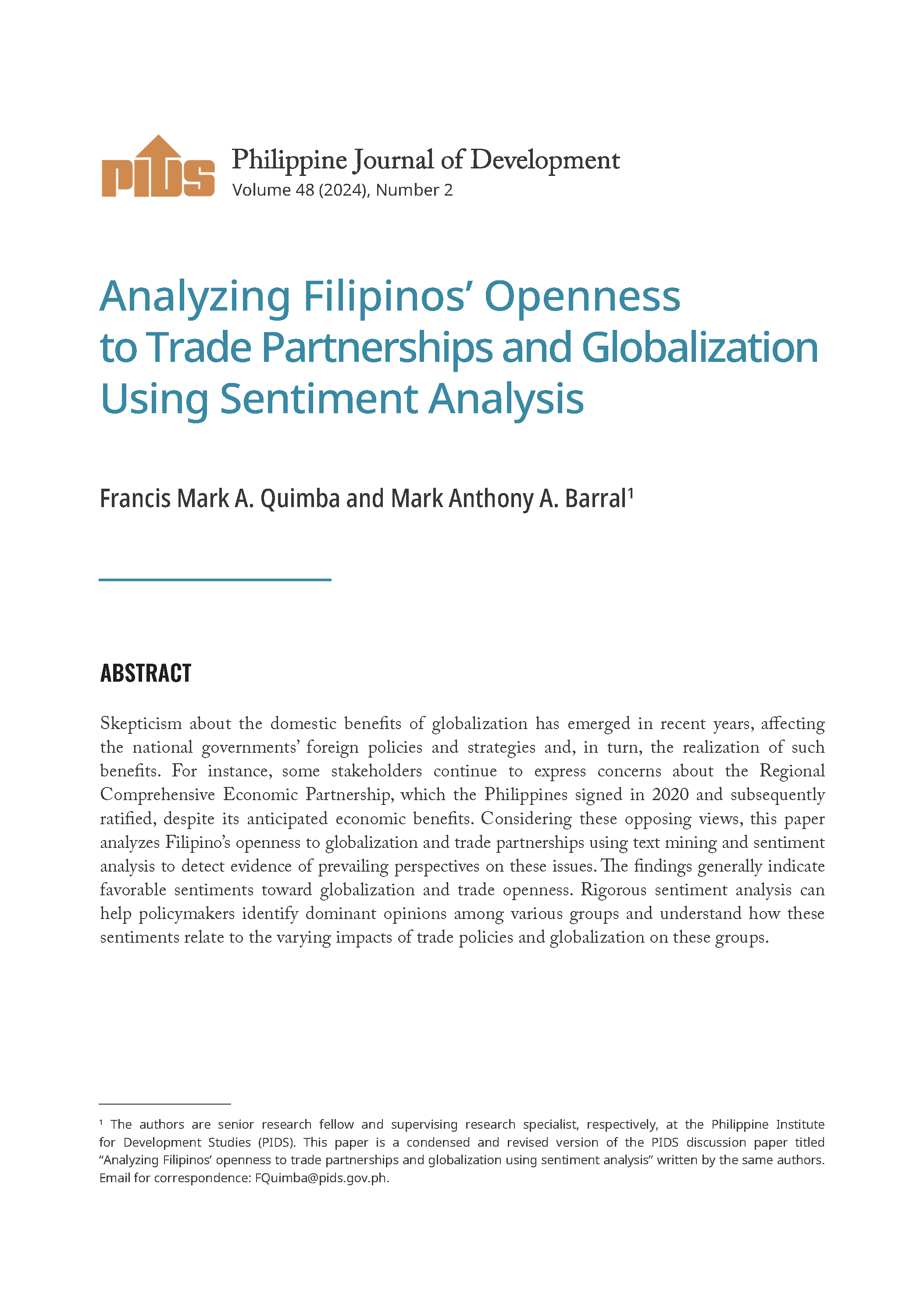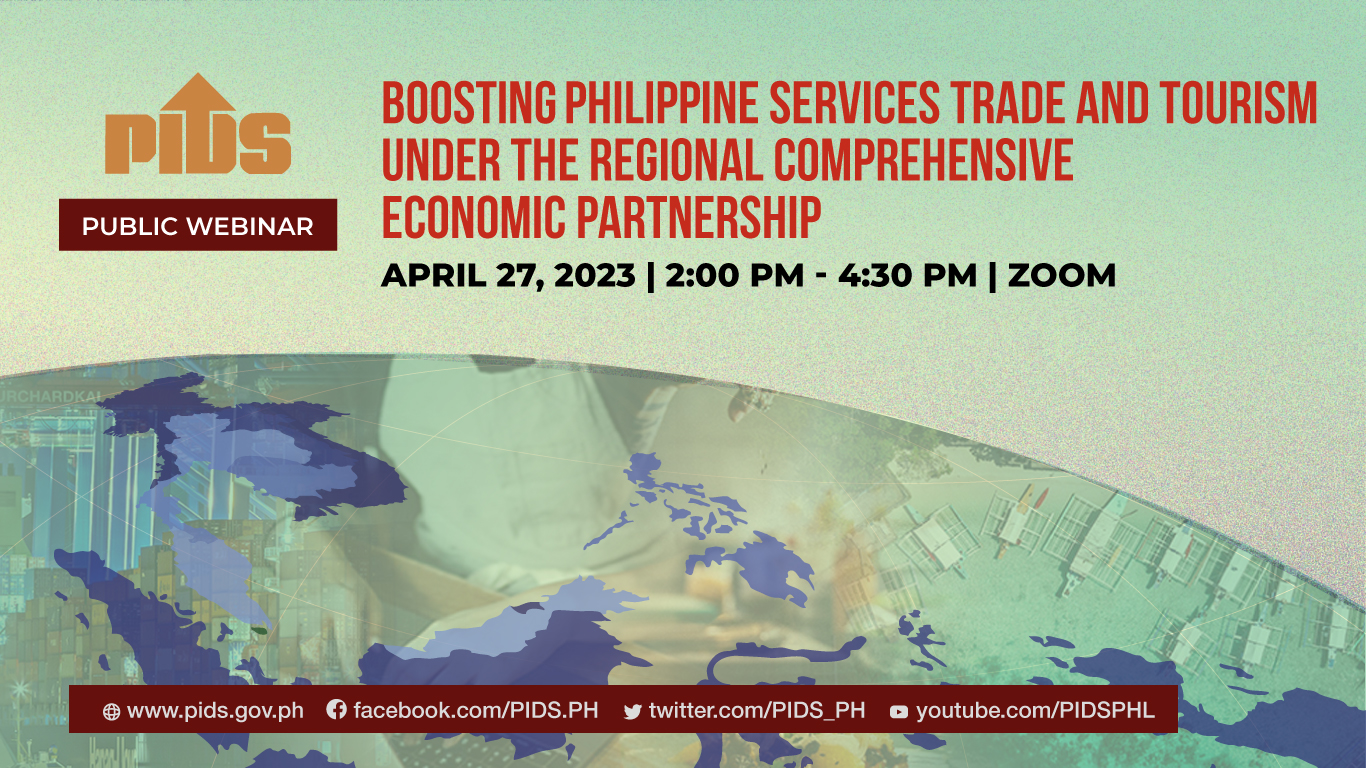To fully revive the manufacturing sector, it is necessary for the Philippines to implement reforms and policies toward improving the services sector. A study released by state think tank Philippine Institute for Development Studies (PIDS) underlines the interdependent link between manufacturing and services productivity
To sustain manufacturing resurgence, reliable, good quality, and affordable services are essential. Thus, the government should vigorously undertake structural reforms particularly in services needed by producers and exporters” argued author Ramonette Serafica, a PIDS senior research fellow.
Citing previous studies, Serafica said the competitiveness of manufacturing firms is determined in part by access to low-cost and high-quality intermediate services such as telecommunications, transport and distribution, and financial services, among others.
She further explained that inadequate access to these services can adversely affect manufacturing firms as it will undermine their productivity.
In the Philippines, the share of services embodied in the country’s manufacturing exports is comparably among the lowest in the region. According to Serafica, this poor participation rate is due to impediments in the policy environment.
The huge potential of services to contribute toward manufacturing sector competitiveness and economywide upgrading remains untapped due to the various laws and regulations that impeded the sector,” Serafica stated.
To help various services industries participate in enhancing the country’s economic growth, reforms were passed, including the Open Skies Agreement in 2011, Republic Act (RA) 10641 that allowed foreign banks to enter the Philippines, the Foreign Ships Co-Loading Act of 2015, and RA 10881 in 2016 that removed foreign ownership restrictions in adjustment companies, lending companies, financing companies, and investment houses.
But a lot more needs to be done.
The Philippines is one of the countries with the most statutory restrictions on foreign investment,” said Serafica, and a “significant number” of these restrictions affect the services sector, including the industries of telecommunications, mass media, transport, education, retail trade, advertising, and professional services.
Apart from these restrictions, other domestic regulations discourage trade and investment because of burdensome procedures and unnecessary costs to service suppliers as well as to consumers.
Serafica emphasized the need to improve the regulatory environment, establish quality of service standards, scale up promotion of service exports, and relax barriers faced by foreign service suppliers.
Without reforms, inefficiencies in services can stymie the growth of manufacturing, preventing the shift to higher value-added activities and increased participation in regional production networks,” she said.
Serafica added that services are changing production processes and business models with the aid of new technologies.
Various innovations are helping improve existing services or have created new services, which enable manufacturing producers to enhance their processes, achieve greater efficiency, and increase customization and customer interaction,she said. (PIDS)
Beef up manufacturing sector thru reforms in trade services–PIDS study












